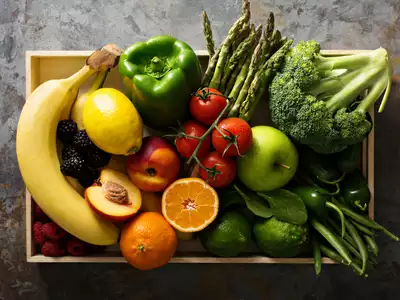Food and the monsoon season are closely related because of their distinct environmental characteristics and possible health hazards. Stay safe this monsoon: Monsoon-induced increases in humidity and rainfall make perfect conditions for the growth of bacteria and fungus. Because of the increased moisture, food supplies may become contaminated, and proper food handling and hygiene are essential for prevention of illnesses.
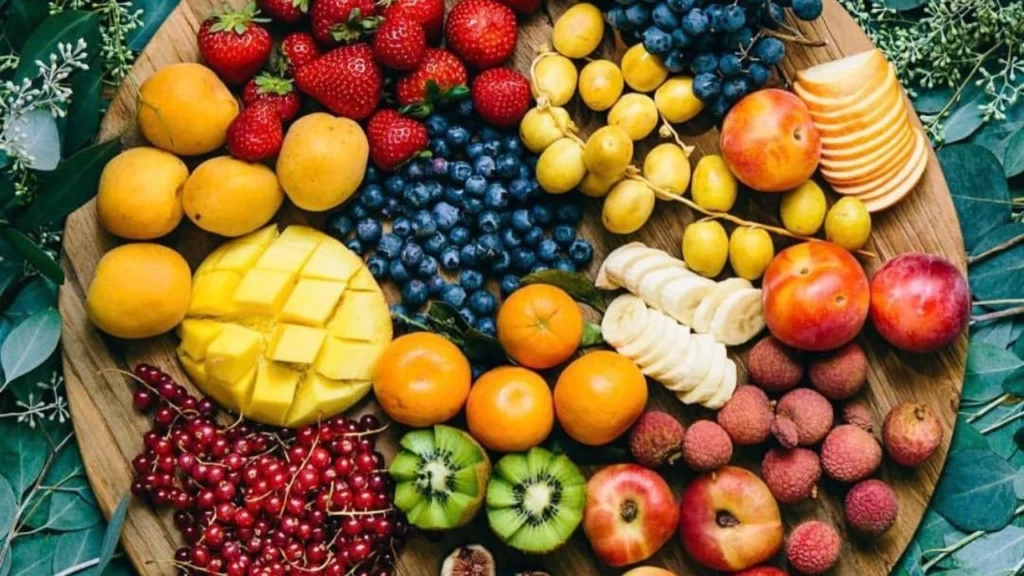
Thus, if food storage and preservation are not carefully managed, the storm’s varying temperatures and humidity may have an adverse effect and cause food to spoil. The foods that should be consumed and those that should be avoided during the monsoon are listed below to help you stay healthy.
The best 5 foods to consume in the monsoon season
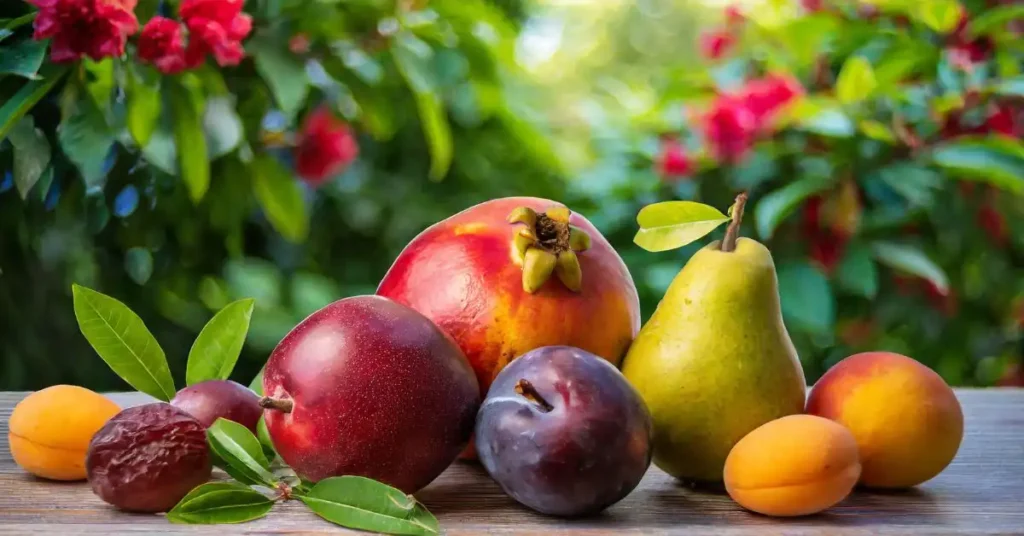
Seasonal fruits: Apples, pears, cherries, pomegranates, and plums are good choices during the monsoon because they are immune-stimulating and less prone to contamination.
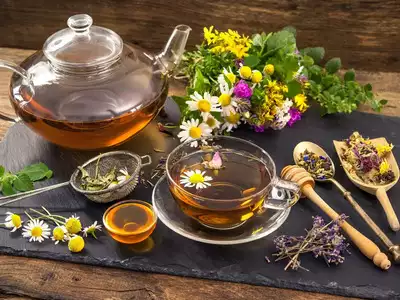
Herbal teas: Warm herbal teas made with lemongrass, tulsi (holy basil), ginger, or cinnamon can aid in digestion and guard against seasonal illnesses.
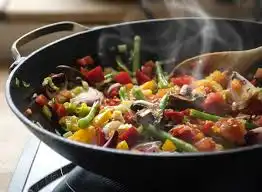
Cooked vegetables: To prevent contamination and guarantee safe consumption during the monsoon, eat cooked vegetables like carrots, bottle gourds, and okra.
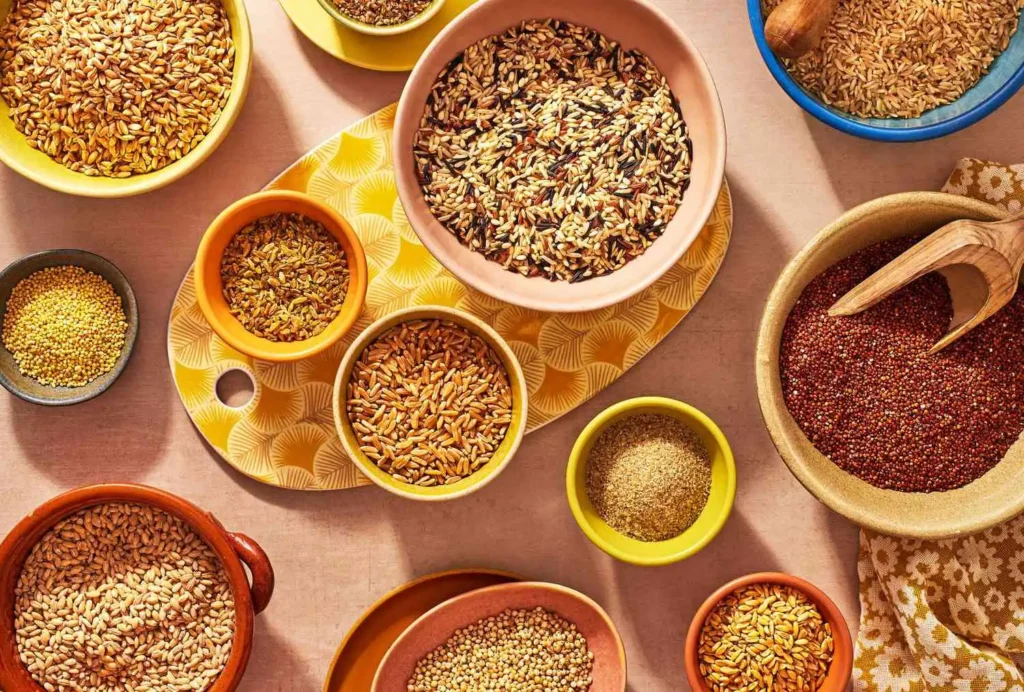
Whole grains: For long-lasting energy and fiber, consume whole grains like quinoa, barley, and oats when it’s pouring outside. This benefits your general health and digestion.
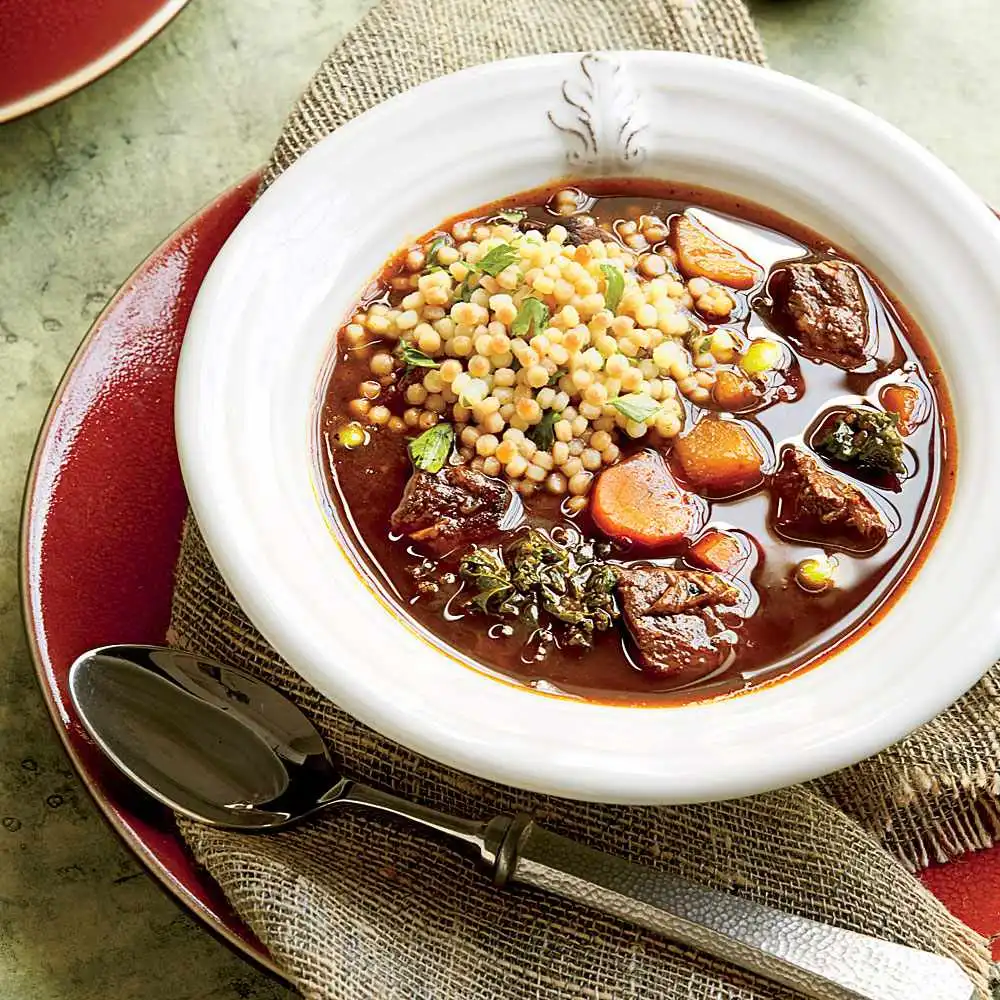
Light soups and stews: Decide on soups and stews with seasonal vegetables like bitter gourd, snake gourd, and round gourd known for their simple digestibility and nutrient content.
The top 5 items to stay away from during the monsoon!
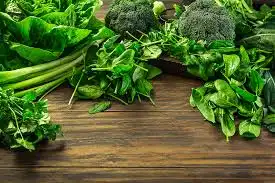
Leafy greens: Choose cooked spinach, cabbage, and lettuce during the rainy months to avoid the predicted soil and bacterial contamination.
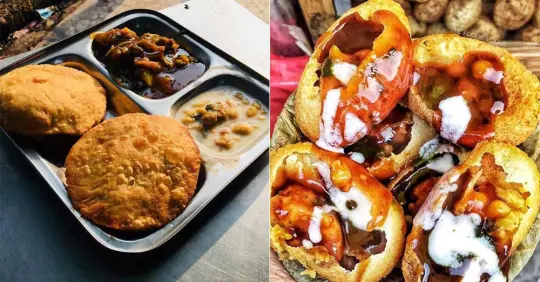
Street food: To reduce the risk of contracting a foodborne illness during the monsoon season, stay away from foods like chaat, pakoras, and sliced fruits from street vendors.

Raw seafood: To prevent infection and guarantee food safety, stay away from consuming raw or undercooked seafood during monsoon-related temperature and humidity fluctuations.

Dairy products: Milk and cheese should be handled with caution. Make sure they come from trusted sources and are properly stored to keep them fresh and safe in damp weather.

Unfiltered water: To avoid contracting waterborne infections, which are common during the monsoon season, try not to hydrate and instead choose boiled or bottled water.
Read also : World’s first 6G device unveiled: Japans unveils world’s first 6G device











